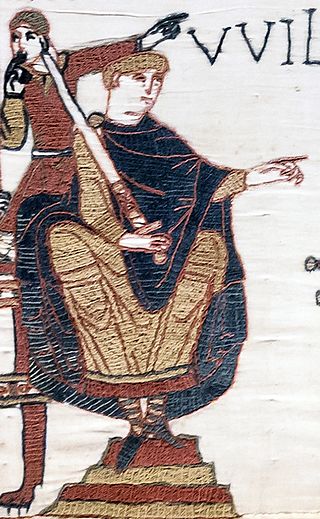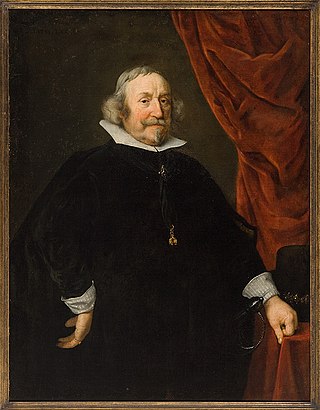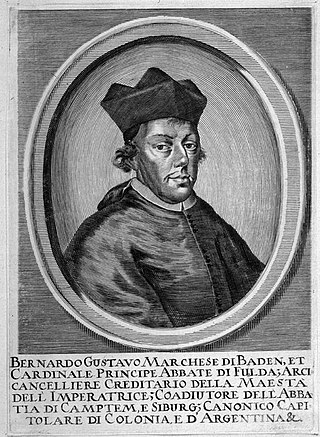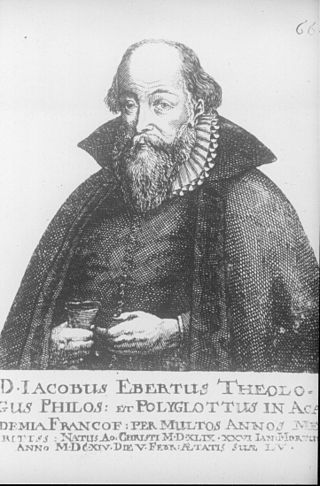
Pope Benedict XI, born Nicola Boccasini, was head of the Catholic Church and ruler of the Papal States from 22 October 1303 to his death, in 7 July 1304.
Angelo da Clareno, also known as Angelo Clareno, was the founder and leader of one of the groups of Fraticelli in the early 14th century.

William is a masculine given name of French origin. It became very popular in the English language after the Norman conquest of England in 1066, and remained so throughout the Middle Ages and into the modern era. It is sometimes abbreviated "Wm." Shortened familiar versions in English include Will, Wills, Willy, Willie, Liam, Bill, Billie, and Billy. A common Irish form is Liam. Scottish diminutives include Wull, Willie or Wullie. Female forms are Willa, Willemina, Wilma and Wilhelmina.
William of Auxerre (1140/50–1231) was a French scholastic theologian and official in the Roman Catholic Church.

TheodoreBibliander was a Swiss orientalist, publisher, Protestant reformer and linguist.
Johann Eberlin von Günzburg was a German theologian and reformer who became prominent as the author of reformist flysheets and pamphlets.
Adelmann was the bishop of Brescia, in Northern Italy, during the eleventh century. Adelmann seems to have become bishop there in 1050, and to have taken an active share in the church-reform movement of the period, especially against the clerical abuses of simony and concubinage.
Guillaume de Puylaurens is a 13th-century Latin chronicler, author of a history of Catharism and of the Albigensian Crusade.
William de La Mare was an English Franciscan theologian.
Thomas of York was an English Franciscan theologian and scholastic philosopher of the thirteenth century. He was associated with the Oxford Franciscan school.

Wolfgang Wilhelm von Pfalz-Neuburg was a German Prince. He was Count Palatine of Neuburg and Duke of Jülich and Berg.

Guillaume Arrufat, also known as Guillaume D'Arrufat, Guillaume Ruffat des Forges, Guillelmus Rufati, Guglielmo Rufati, etc., was a Cardinal of the Roman Catholic Church.
Hugh of Newcastle was a Franciscan theologian and scholastic philosopher, a pupil of Duns Scotus. His origin in Newcastle-upon-Tyne is questioned; he may have been from another place called Neufchâtel.

Leopold Anton Eleutherius Freiherr von Firmian was Bishop of Lavant 1718–24, Bishop of Seckau 1724–27 and Prince-Archbishop of Salzburg from 1727 until his death.
Guillaume Adam, also known in English as William Adam, was a Dominican missionary, writer, and French Catholic archbishop.
Gulielmus Bucanus was a Swiss-French Calvinist theologian. His Institutiones theologicae was one of the first systematic works of theology of the Reformed Church.

Florian Baucke, also Florian Paucke, Florian Pauke, Spanish: Florián Baucke was a Silesian and Bohemian Jesuit missionary, who recorded the native traditions of South America.

Bernhard Gustav von Baden-Durlach OSB was a Major General in the Swedish army. After his conversion to Catholicism, he was Abbot of Fulda and Kempten Abbey and also cardinal.

Jakob Ebert was a German theologian and poet.
This page is based on this
Wikipedia article Text is available under the
CC BY-SA 4.0 license; additional terms may apply.
Images, videos and audio are available under their respective licenses.








